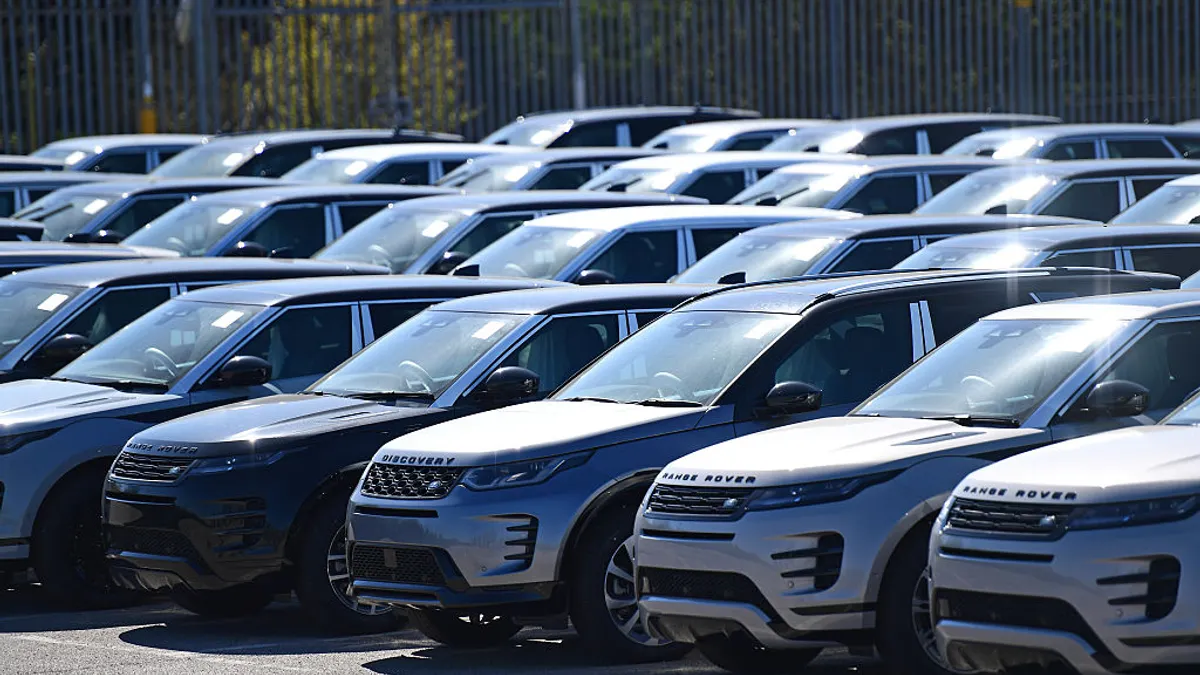Editor's note: This story is part of the WardsAuto digital archive, which may include content that was first published in print, or in different web layouts.
Uh-oh. Automakers got into a lot of trouble by not knowing the weak links in their microchip supply chain. That has cost them billions.
Now they could be facing another supply chain problem. The business model of the companies that provide public EV charging may not be very viable. And if the charging companies can’t make a go of it, the transition to an electric future could take a lot longer than expected.
Electric cars will never hit their full sales potential until Ma and Pa America know they can safely travel far from home and easily find someplace to charge up. That’s why traditional automakers are so eager to see a charging infrastructure put in place. But they want someone else to build it.
Tesla, of course, already bit the bullet and built its own charging network. It’s a key reason for the company’s impressive success. The big traditional automakers, however, have no interest in doing what Tesla did.
Nor do the electric utilities. They’ll happily sell electricity to the charging companies, but they have no interest in making the big capital investment to build public charging stations. They have other fish to fry. They have to spend big on generating greener electricity, protecting their grids from extreme weather and hardening them from cyberattacks.
So far, in the United States, public EV charging can be sparse and the service can be sporadic. The U.S. lags behind China and Europe, where taxpayer money flows more freely to subsidize public EV charging. It will take the U.S. until 2030 to catch up to the number of public chargers that China has today, and by then China will have five times what it has now.
But that’s not the real problem. It’s the business model of the charging companies that could be seriously flawed.
You see, gas stations don’t make much money from selling gasoline and diesel fuel. They make their money by selling lottery tickets, cigarettes and beer. Selling fuel is the loss leader for their business.
Even though gas stations have big signs out front that say Mobil or Shell or BP, the big oil companies don’t own them. They’re mom-and-pop franchises. And small shop owners are not going to make big investments in public chargers unless they know they’ll pay off. Right now, the numbers don’t pencil out to put in chargers. While costs can vary, a gasoline pump may cost about $15,000 while a high-speed charger may cost about $70,000.
So, it’s up to the EV charging companies to provide public charging. Yet their chargers are typically located in places like the parking lots of shopping malls, often sitting unused. And all they do is sell electricity. They don’t sell lottery tickets, cigarettes or beer. Their business model is to buy electricity at wholesale and mark it up for retail. And it takes a big capital investment to do that.
We know the financial results for the publicly traded charging companies such as EVgo and Chargepoint. They are bleeding red ink. Electrify America is not publicly traded, so we don’t know its numbers, but it too is likely losing a lot of money.
Of course, it’s still early. These are startups, and admittedly their top line growth is impressive. Maybe once they’ve finished building a nationwide network, they can start to post profits. But even then, they’re going to be competing against home charging, where EV owners can charge their cars with electricity that costs 30%-50% less.
YouTube is replete with videos of EV enthusiasts posting road-trip videos where they encounter public chargers that are not working. If the public charging companies already have a hard time keeping their chargers up and running, that doesn’t bode well for the future when they add thousands more.
The auto industry is betting heavily on EVs. If sales of electric cars don’t ramp up as expected, those investments could turn out to be disastrous. And if the public charging companies don’t have a viable business model, well, then what?
John McElroy (pictured above, left) is editorial director of Blue Sky Productions and producer of “Autoline Detroit” for WTVS-Channel 56, Detroit.




















